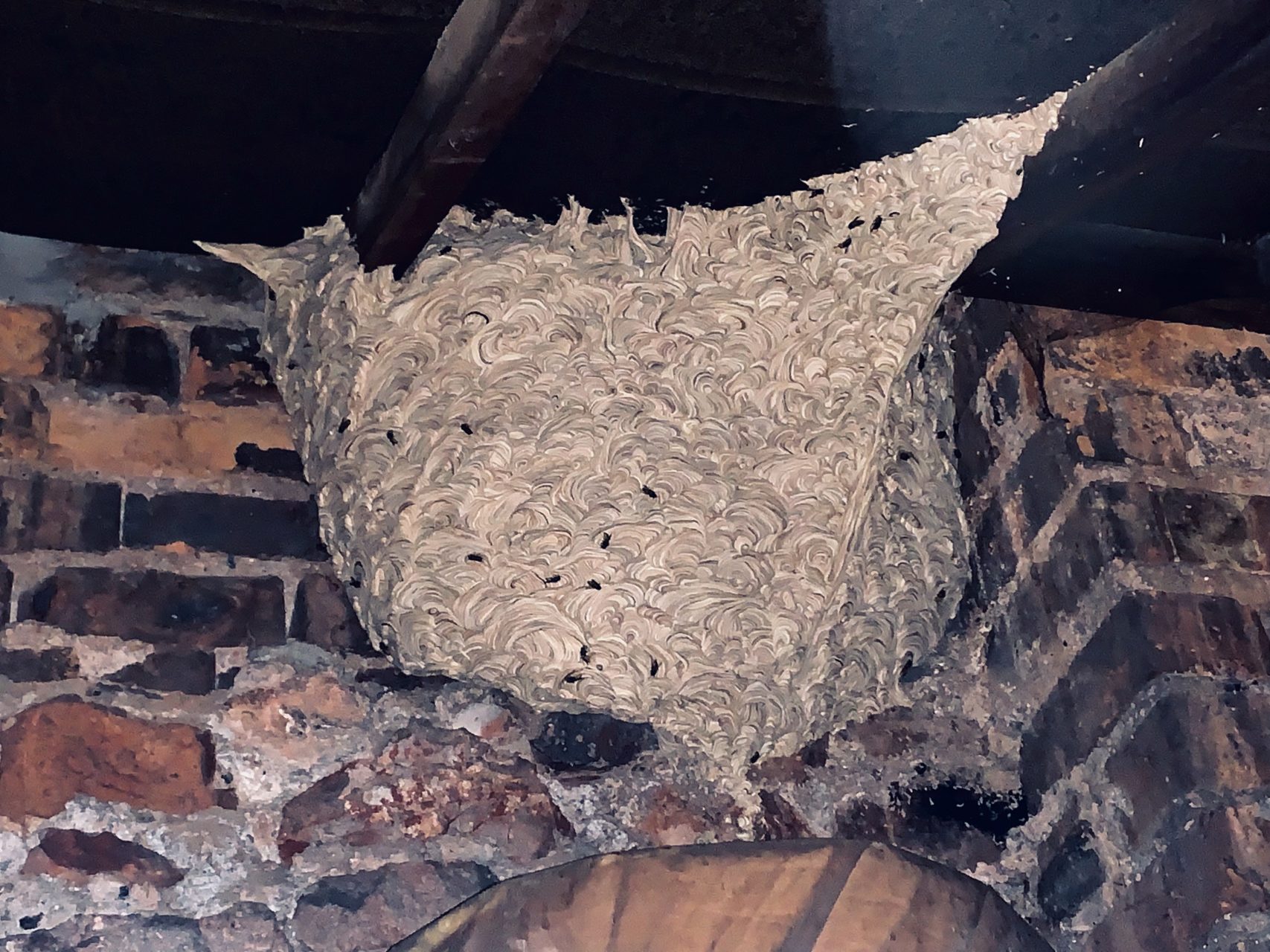
Wasps are a much hated pest by many, despite being useful insects around the garden by controlling files and other insects, their presence is often irritating and for some quite nerve-racking particularly for those who suffer with allergies to wasp stings. Should you ever be stung by a wasp either on the neck or in the mouth then you should seek medical attention, this also applies if you experience any of the following symptoms after a wasp sting, swelling, excessive pain, nausea and giddiness.
If you see signs of wasp activity or even a wasp nest at your property, then you should contact your local pest controller as soon as possible. It is important that you don’t try to get rid of the wasps nest yourself as this can be quite a dangerous job.
Wasp Facts
There are a few things about wasps that most of us will already know such as they can sting multiple times, however below are a few facts that you may not know about wasps:
- The venom of a wasp contains a pheromone that makes the behaviour of other wasps in the area become more aggressive. This is why it is important not to swat a wasp, particularly near its nest or other wasps.
- The effects of a wasp sting will wear off within 24 hours, however, for a small minority a reaction called anaphylactic shock can occur which can be fatal.
- A wasp sting can be treated with aluminium based deodorant.
- Wasps live in colonies that follow a strict social order, queens, males and workers.
- Male wasps are called drones and its their job to mate with the queen, they die shortly after doing so.
- Wasps don’t swarm.
- European hornets cause damage to trees and shrubs by stripping them of bark.
- Wasps feed their young a carnivorous diet, such as insect larvae.
- The only wasps capable of surviving the winter are young fertilised queens. They emerge from hibernation in the spring to build a new nest, the first larve will be looked after and fed by the queen until they become workers, they will then take over and forage to feed new larvae and defend the nest.
- Towards the end of summer the colony will produce new males and queens, they will flee the nest to mate and then the queens will go on to look for a suitable hibernation spot. The cold eventually kills the males, workers and the foundation queen of the nest.
Advance Pest Control Bristol Wasp Nest Removal Service
It’s no secret that removing a wasp nest can be quite a difficult and risky job. Attempting to do this on your own can put you and your family at risk, particularly if someone in your family suffers from a wasp sting allergy. Also, if you fail to remove the entire nest you run the risk of the wasps returning or even building a new nest.
Advance Pest Control Bristol have the training, skills and equipment needed to safely and successfully remove a wasp nest, we can also look at ways to prevent future nests and advise on what id making your property so attractive to them in order to prevent future wasp infestations.
If you would like more information on our wasp control Bristol services, then contact Advance Pest Control Bristol today – 0777 150 3107
Recent Comments